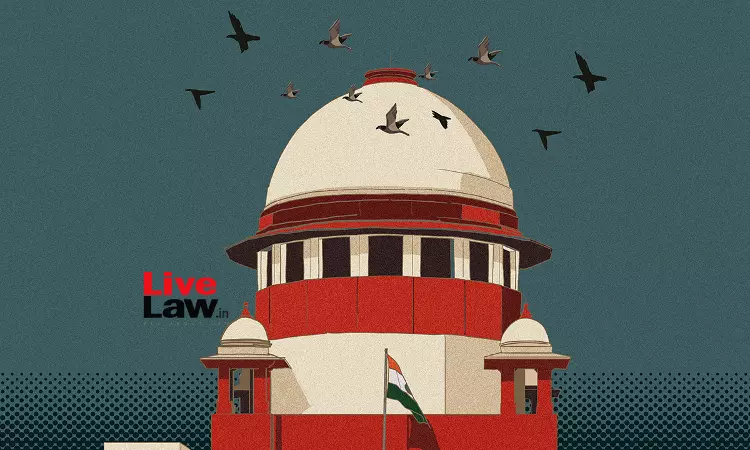The Supreme Court recently allowed a member of the Income Tax Appellate Tribunal to continue in the post till the age of 62 years as per the provisions of the Income Tax Act 1961. Although she had applied in pursuance of a notification issued in 2013, she was given appointment only in 2018, as there was a dispute regarding non-filing of income tax returns by her with respect to the...

